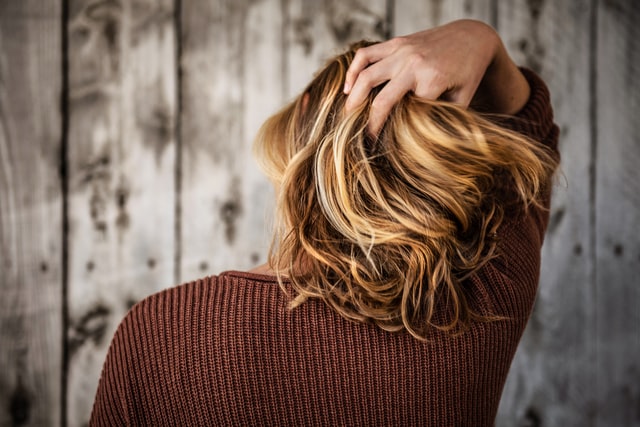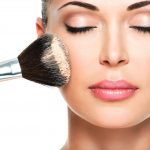Itching to know the real deal?
Scratching your head is normal. Some unconsciously do it, but it can be a different story for others. An itchy scalp, or scientifically known as scalp pruritus, is a common issue for both men and women. Although it is normal to experience it at least once in your life, constant scratching may have other causes. Here, we will take a look at how hair loss and stress are connected to an itchy scalp and its causes.
What does itchy scalp mean?
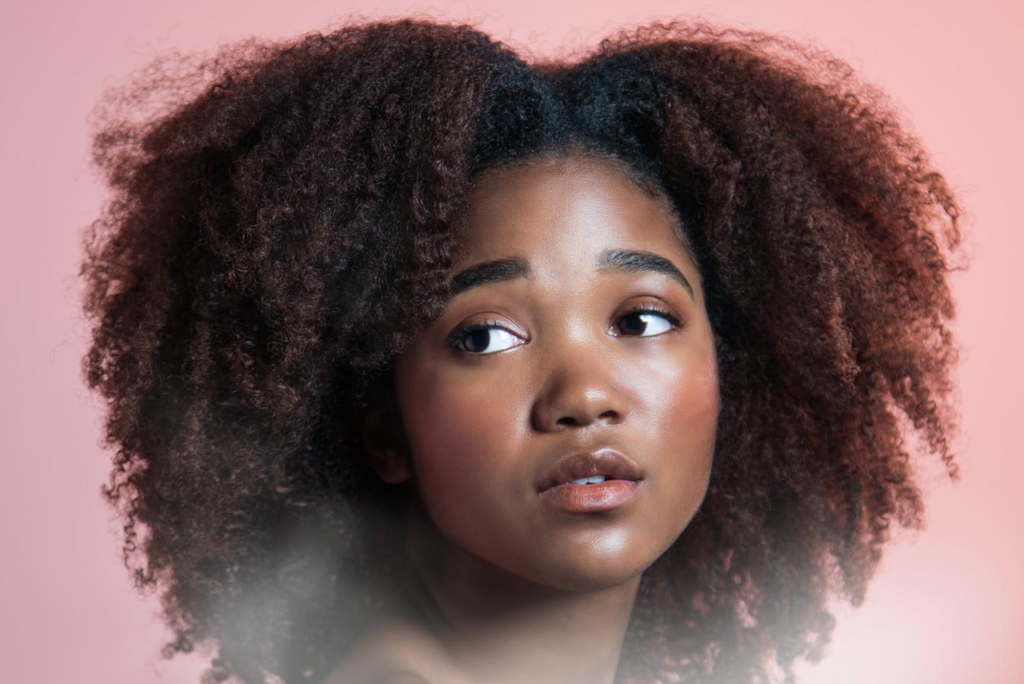
Most people tend to experience both – an itchy scalp and hair loss in their lives. It’s common to lose roughly 50 to 100 hair strands a day. Although both conditions are different from each other, some suggest that there is a link between the two.
Some hair conditions such as fungal infections, allergic reactions to hair products, and inflamed hair follicles can cause your scalp to itch and possibly lead to hair loss.
Scarring on the scalp can also cause severe itching since the scar tissue damage the nerve fibers found on the skin. Repeated scratching can lead to temporary hair loss, bleeding, and scabbing. The good news is once the scratching stops, the hair will eventually grow back.
Hair loss is more prevalent in men compared to women. Women would feel their hair thinning, losing volume. Men, on the other hand, experience bald spots and receding hairlines. To help prevent this, you can use certain hair care products that will reduce the itch and strengthen the development of the growing hair follicles.
The deal with stress and anxiety
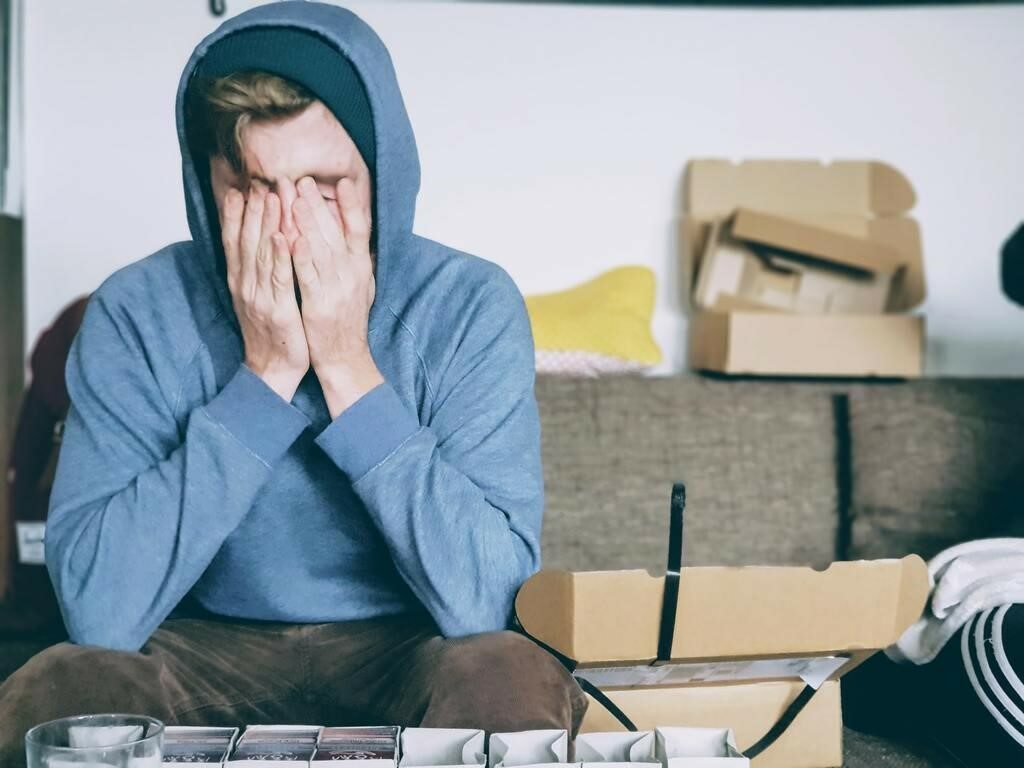
Most studies indicate that stress and anxiety don’t directly lead to an itchy scalp. Sometimes, stress can make your current scalp condition worse or cause a severe effect on the hormones, affecting your organs.
Stress and anxiety are related to an itchy scalp through heightened skin sensitivity.
In this period, your scalp comes in contact with a lot of bacteria, germs, fungi, and chemicals. Your reaction to those factors is increased.
People also experience over-sensitivity when under a lot of stress. This means, when you are anxious, you are more sensitive to certain feelings. It’s possible to feel an itch on an otherwise light skin tingle for a person with anxiety.
Causes of itchy scalp
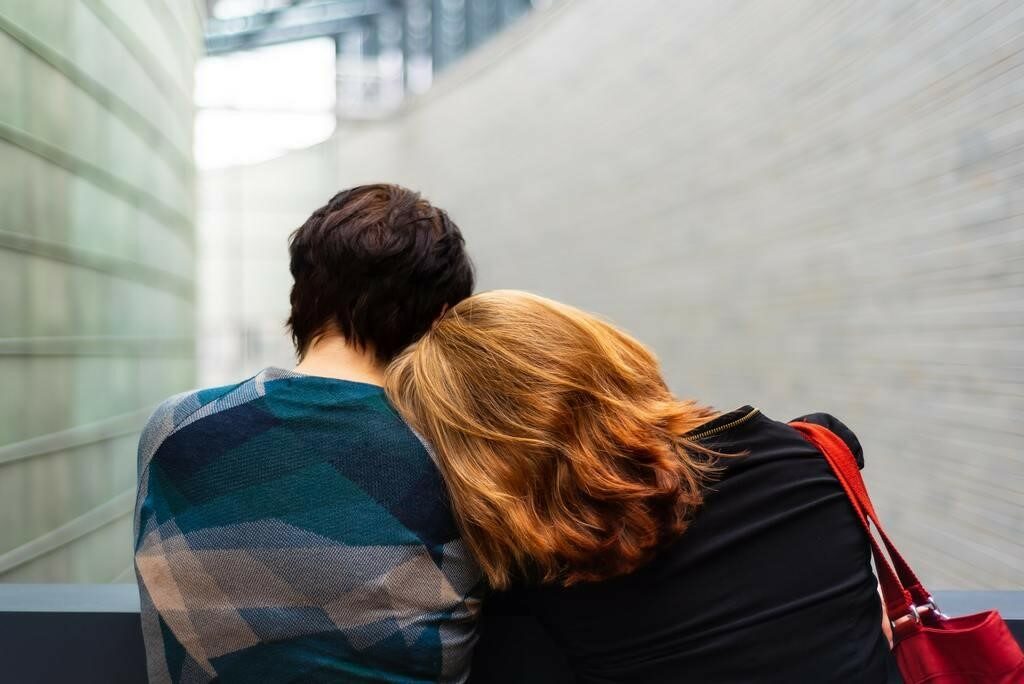
Dandruff
One of the most common causes of an itchy scalp is seborrheic dermatitis, or more commonly known as dandruff. The two main factors that contribute to developing this condition are the overproduction of oil and Malassezia.
Overproduction of oil makes the skin red and greasy. The glands become inflamed and you experience itching, flaking, reddened skin, and yellow or white scales.
Meanwhile, Malassezia is a type of fungus that is naturally found in the skin’s oils, and when it grows abnormally the skin releases more oil than usual. This increased secretion can lead to seborrheic eczema.
Some potential causes of dandruff include the overgrowth of yeast on the skin, seasonal changes, and stress. Common medications that will help treat dandruff include anti-dandruff shampoos with keratolytic, such as salicylic acid or coal tar, haircare products with pyrithione zinc, and antifungal creams.
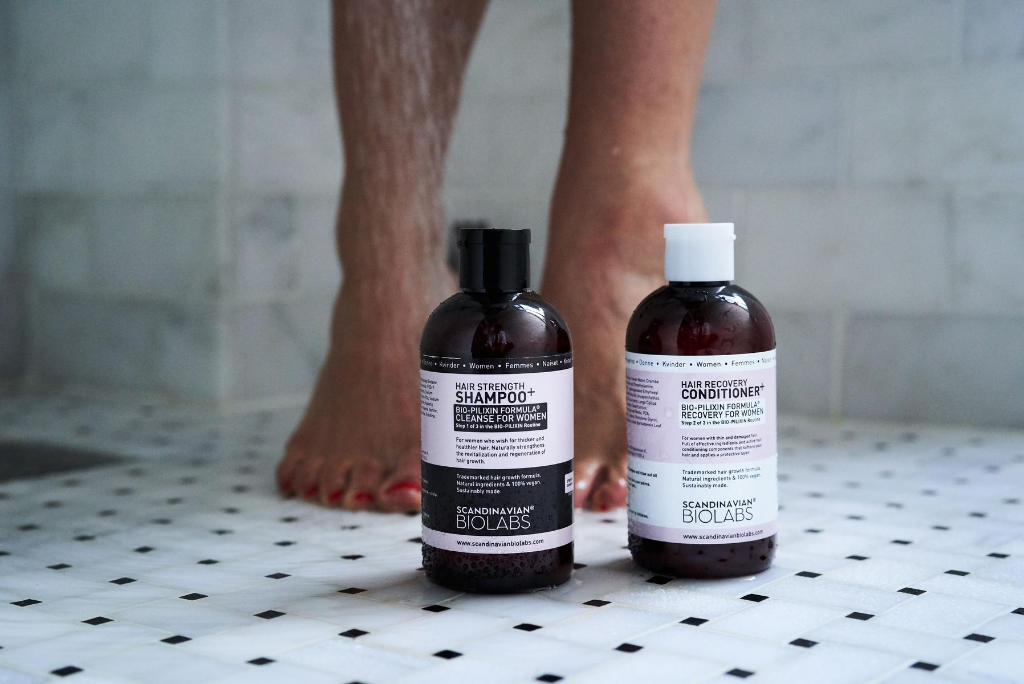
Allergic reactions
An itchy and flaky scalp can be tell-tale signs of a reaction to hair care products, like the new product you are trying out. The best solution is to immediately stop using the suspected product. Shampoo residue left on your scalp can also make your scalp itchy hence, it’s recommended to use all-natural hair care products. Rinse it well during your shower.
Meanwhile, another possible cause is contact dermatitis, which is common among people who dye their hair. The culprit could be the ingredient called para-phenylenediamine (PPD) and it’s best to stay away from it. Also, avoid using products that contain synthetic fragrances and harmful chemicals to reduce the chance of having allergic reactions.
Psoriasis
This is an autoimmune disease where the skin cells grow ten times faster than normal. This results in the skin producing red patches covered with silvery scales. About 50% of people with psoriasis experience their scalp flaring up. You will notice reddish patches, dandruff-like flaking, silvery-white scale, and a dry scalp. This can be mildly or intensely itchy.
The best way to relieve the itching is to use medicated shampoos or other treatments that you can purchase without a prescription.
Atopic dermatitis
Atopic dermatitis is a type of eczema that can develop on your scalp. It can cause redness and itchiness. It is treatable with creams and treatment medications hence it’s best to consult a healthcare professional for options.
Natural hair remedies for itchy scalp
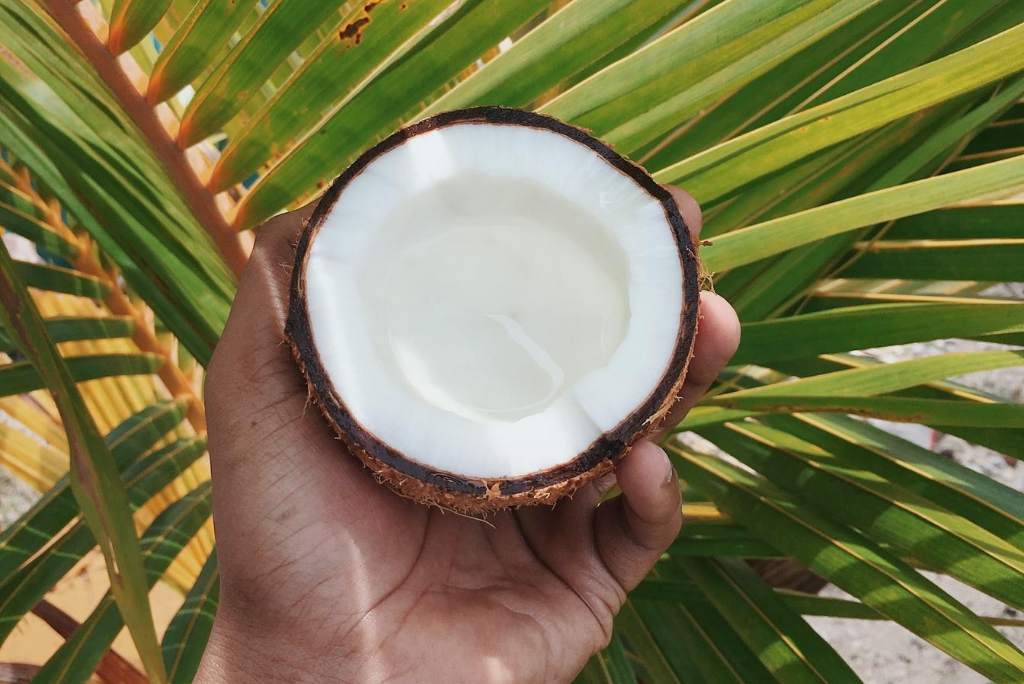
Some causes of itchy scalp demand medical attention. It’s best to see your dermatologist if the symptoms last longer than a week or include sores and intense itching that interferes with your daily life.
Meanwhile, here are some ways to help relieve an itchy scalp using natural ingredients.
- Apple cider vinegar – has great antibacterial, anti-inflammatory, and antifungal properties. Dilute it in warm water and use it to rinse off your shampoo. This is can also alleviate dandruff.
- Organic coconut oil contains lauric acid that helps the skin absorb oil and soothe itchy scalps caused by eczema.
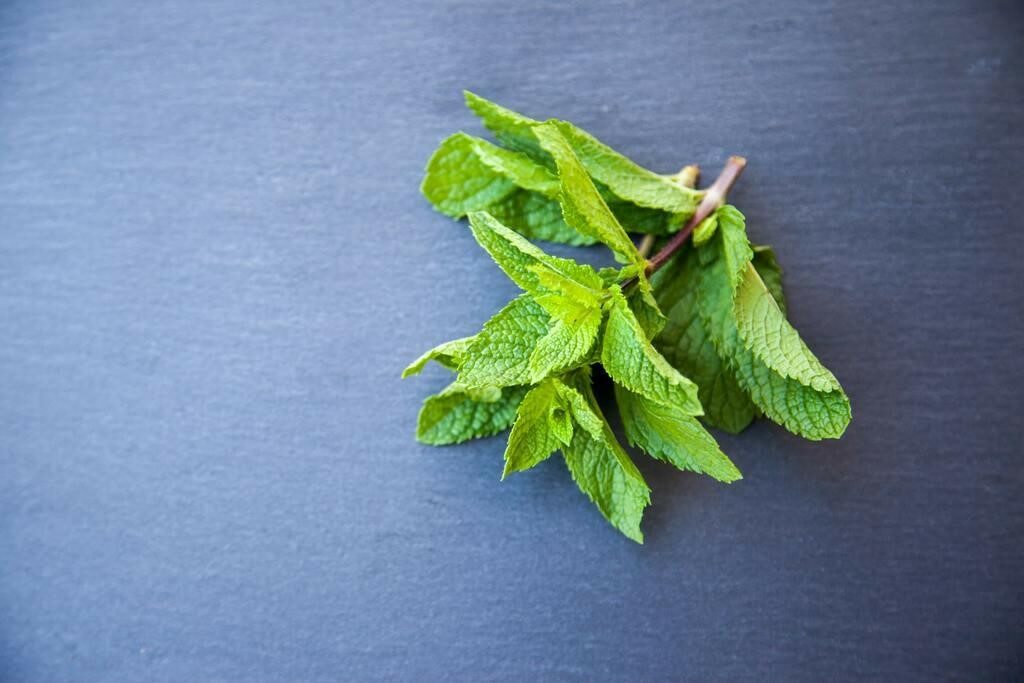
- Peppermint oil – peppermint is known to have a cooling effect but also reduces dandruff. Dilute it with another oil, such as olive oil, and gently massage it into your scalp before shampooing. You can also use peppermint tea when you rinse your shampoo.
- Tea tree oil – tea tree oil has antimicrobial, antifungal, anti-inflammatory, and antiseptic properties. However, it can irritate the skin, so remember to dilute it and use it sparingly.
Add around 10 to 20 drops of tea tree oil to a gentle cleansing shampoo or mix it with good olive oil and apply it directly into your scalp. Research shows that tea tree oil can help treat dandruff and seborrheic dermatitis.
- Meditation can help reduce stress and be effective at eliminating itchy scalps caused by anxiety and eczema. One study found that meditation relieves itching by providing a coping mechanism and a sense of control.
Conclusion

There are various causes of an itchy scalp. Occasional hair loss happens when you constantly scratch the scalp, damaging the hair shafts and follicles. Stress can be a factor but not a direct cause.
Meanwhile, certain skin conditions can irritate the scalp. You can choose natural remedies to help soothe and relieve the itchiness. If the itchiness doesn’t go away and you experience pain and sores, it’s best to see a dermatologist for an accurate diagnosis and treatment.

